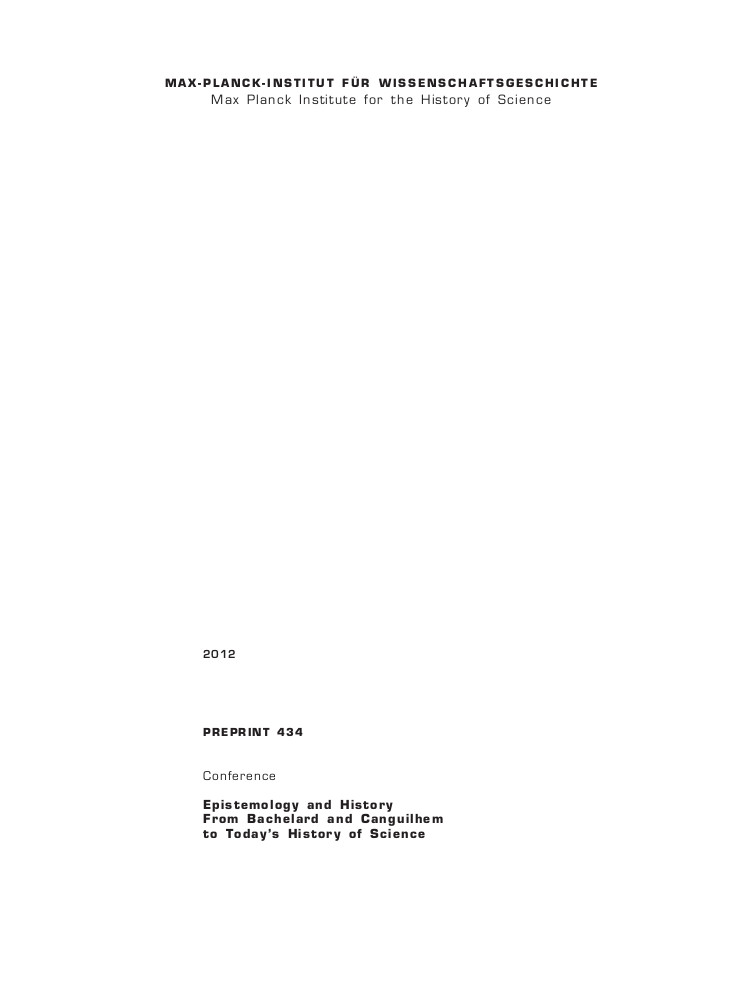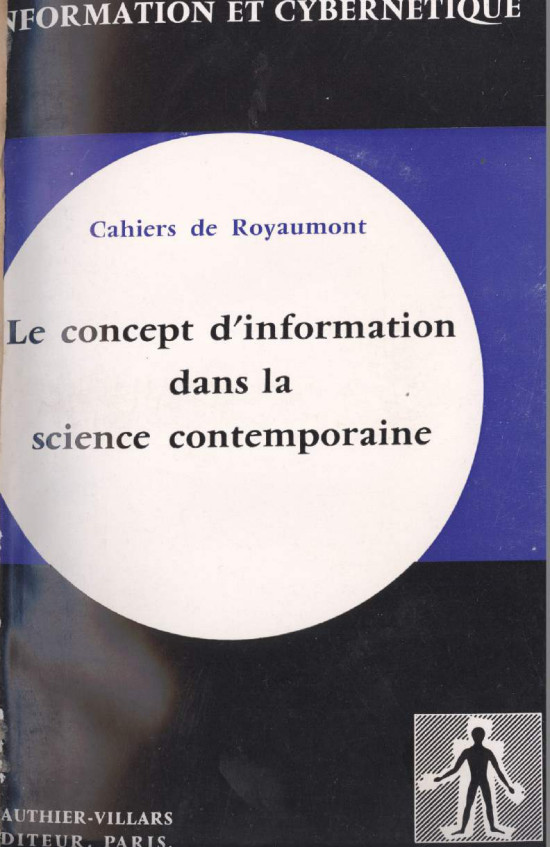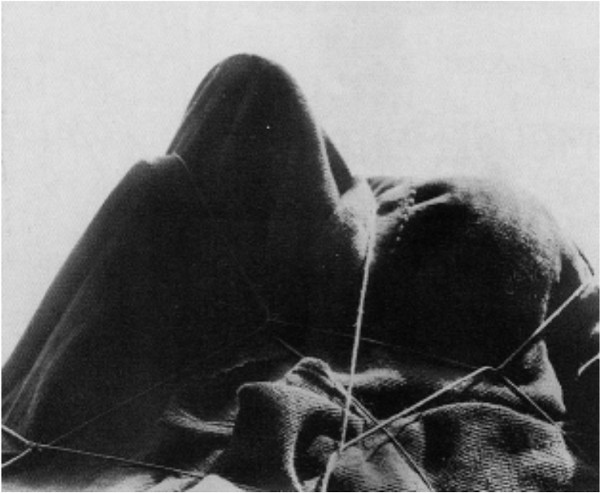Max Planck Institute (ed.): Epistemology and History: From Bachelard and Canguilhem to Today’s History of Science (2012) [EN, FR, DE]
Filed under proceedings | Tags: · discourse, epistemology, historical epistemology, history, history of science, knowledge, philosophy, science, theory

“Over the past few years, “historical epistemology” has had quite a successful international career. Starting with a week-long conference organized by Ian Hacking in Toronto in 1993, historical epistemology was and continues to be used as a label for a wide variety of projects and programs: from Hacking’s own discussion of styles of scientific reasoning to Lorraine Daston’s historicization of epistemological categories and values, Arnold Davidson’s investigations into the conceptual formation of new kinds of knowledge and experience and the attempt undertaken by Peter Damerow et al. to broaden the scope of Jean Piaget’s “genetic epistemology” by historical means.
These conference proceedings attempt to historicize and contextualize historical epistemology and, by the same token, to create a prerequisite for concrete and critical updates.” (from the Introduction)
Contributions by Camille Limoges, François Delaporte, Monika Wulz, Thomas Ebke, Stefanos Geroulanos & Todd Meyers, Claude Debru, Pierre-Olivier Méthot, Françoise Balibar, Sandra Pravica, Cornelius Borck, Andrea Cavazzini, Maria Muhle, Cristina Chimisso, Frieder Otto Wolf, and Anselm Haverkamp.
Publisher Max-Planck Institute for the History of Science, Berlin, 2012
MPG Preprint 434
Open Access
232 pages
PDF (1.4 MB)
Comment (0)Le concept d’information dans la science contemporaine (1965) [French]
Filed under proceedings | Tags: · communication, computing, cybernetics, information, information theory, machine, mathematics, philosophy, science

“The proceedings from the Sixth Symposium at Royaumont in 1962 were titled Le concept d’information dans la science contemporaine [The Concept of Information in Contemporary Science] and were published three years later in Paris by Les Éditions de Minuit.
In attendance were Gilbert Simondon, Norbert Wiener, Martial Gueroult, Giorgio de Santillana, Lucien Goldmann, Benoit Mandelbrot, René de Possel, Jean Hyppolite, André Michel Lwoff, Abraham Moles, Ferdinand Alquié, Henryk Greniewski, Helmar Frank, Jiri Zeman, François Bonsack, Louis Couffignal, Albert Perez, Maurice de Gandillac, Ladislav Tondl, Gilles-Gaston Granger, and Stanislas Bellert, among others.
Simondon was a very active organizer and introduced Wiener. The collection is fascinating for a number of reasons; most striking, perhaps, is the fact that a prominent Marxist (Goldmann) and a brilliant mathematician (Mandelbrot) were given equal opportunity to talk philosophically about the concept of information. Mathematicians like Mandelbrot and Wiener were given the same stage as philosophers like Simondon and Hyppolite.
Some of the papers are pretty scientific, but most of them are not. What you get is a collection of papers given and discussed (the Q & As are included and are revealing) by some of the individuals who heavily influenced Deleuze and a number of other French philosophers. This is an incredibly revealing volume and I will eventually work hard to translate some of the papers that are included.
Simondon’s paper, ‘L’Amplification dans les processus d’information’, was not included in the proceedings (only the abstract is provided at the very end of the book, along with the topic of Wiener’s response to Simondon), but was published and is available in the collection of his papers titled Communication and Information: Courses and Conferences (La Transparence, 2010).” (from a blog post by Andrew Iliadis)
Publisher Les Éditions de Minuit, Paris, 1965
425 pages
via Andrew Iliadis, HT babyalanturing
Review: D. Gabor (The British Journal for the Philosophy of Science, 1966, EN).
PDF (36 MB, updated on 2021-3-28)
multiple formats (Internet Archive)
The Shape of Experiment (2006)
Filed under proceedings | Tags: · art, art history, experiment, experimental art, history of science, history of technology, science, technology

What is the result of recent studies on the history of experiment? How has our image of science been changed since Ian Hacking’s statement, “experimentation has a life of its own,” turned into a catch phrase for investigations into the history of science? What is the lesson to be drawn from the studies following Steven Shapin’s and Simon Schaffer’s Leviathan and the Air Pump (1985) and Peter Galison’s How Experiments End (1987)?
In trying to answer these questions, this conference did not aim at contributing to a more developed philosophy of scientific experimentation, nor did it try to return to the grand narratives on the history of science. Rather, the goal of this conference was to identify characteristic configurations within in the history of experimentalization from 1800 to the present. The guiding question was: what are the typical forms of experiment that emerged in the separated and shared history of science, technology, and the arts?
Conference: The Shape of Experiment, Berlin, 2-5 June 2005
Publisher Max-Planck-Institute for the History of Science, Berlin
Preprint series, No. 318
235 pages
conference (prepared by Julia Kursell, Sven Dierig, and Henning Schmidgen)
publisher

